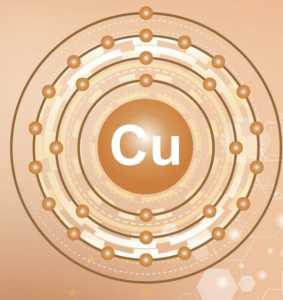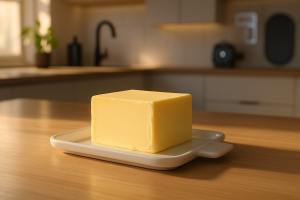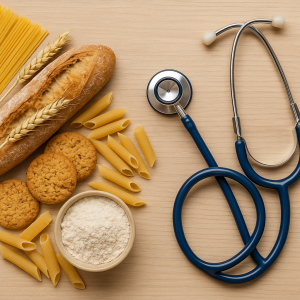 Copper is an essential mineral that plays a crucial role in human health. It is involved in a variety of biological processes, including the formation of red blood cells, the maintenance of a healthy immune system, and the regulation of nerve function. In addition, copper plays a role in the production of energy and the synthesis of connective tissues.
Copper is an essential mineral that plays a crucial role in human health. It is involved in a variety of biological processes, including the formation of red blood cells, the maintenance of a healthy immune system, and the regulation of nerve function. In addition, copper plays a role in the production of energy and the synthesis of connective tissues.
Health benefits of copper
One of the main health benefits of copper is its role in the formation of red blood cells. Copper is a cofactor in the production of hemoglobin, the protein that carries oxygen in the blood. Adequate levels of copper are necessary for the production of hemoglobin and the maintenance of healthy red blood cells.
Copper also has a positive effect on the immune system, helping to protect the body from infections and diseases. It works by stimulating the activity of white blood cells, which play a crucial role in defending the body against harmful microorganisms.
Article continued below
Additionally, copper is involved in the production of collagen in our body, a protein that provides structure to the skin, bones, and connective tissues. This helps to maintain the integrity of these tissues and support overall health.
Sources of copper
Good sources of copper include seafood, such as shellfish and salmon, as well as nuts and seeds, such as almonds and cashews. Meat and poultry are also good sources of copper, as are whole grains and legumes. Vegetables, such as leafy greens, beans, and potatoes, also contain copper, although in smaller amounts.
See our detailed list: Best sources of copper
Daily intake of copper
The daily requirement of copper varies depending on age and gender, but the recommended daily intake for adults is between 900 to 1000 micrograms (0,9 to 1 mg). Pregnant and breastfeeding women may require slightly more copper to support the needs of the growing fetus or infant.
It is important to note that while copper is essential for health, an excess of copper can be harmful. High levels of copper can interfere with the absorption of other important minerals, such as iron and zinc, and may lead to toxic effects. Therefore, it is recommended to obtain copper from dietary sources and not to rely on supplements, unless recommended by a healthcare professional.






